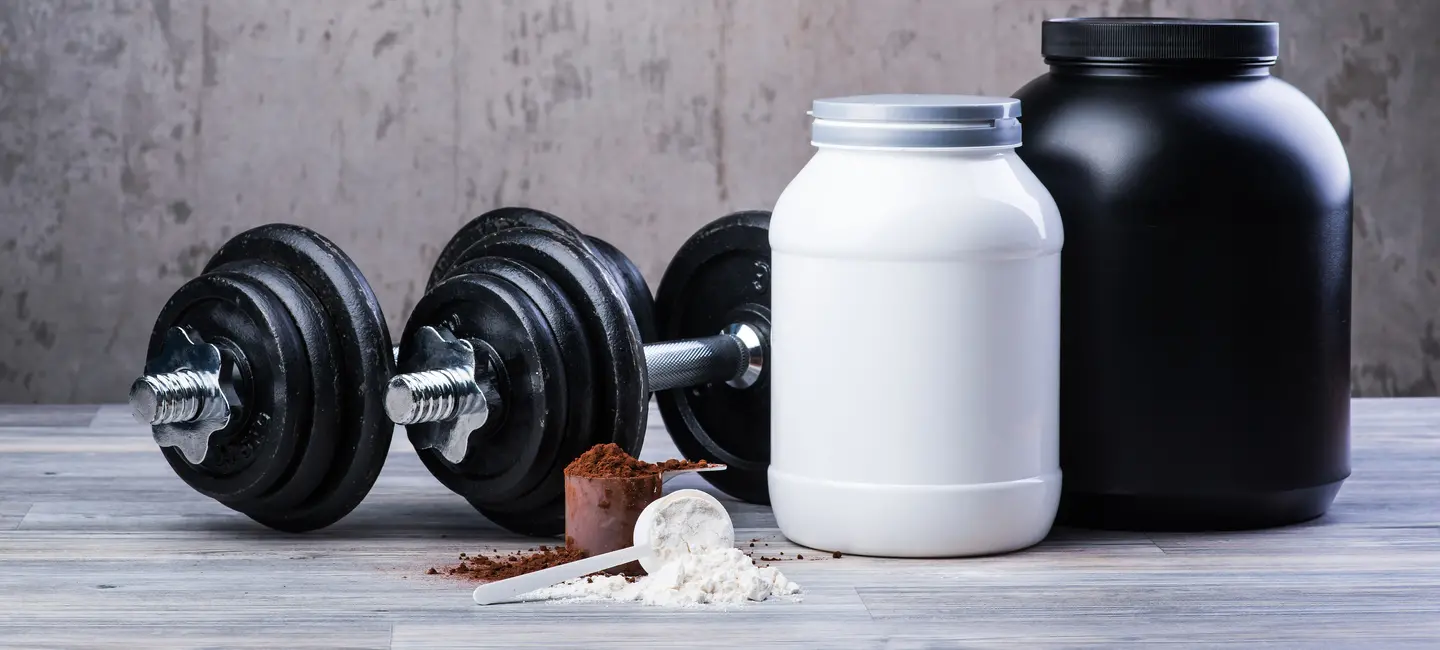
Whey protein is the protein from whey, the watery portion of milk that separates from the curds when making cheese. It is commonly used as a protein supplement.
Whey protein might improve the nutrient content of the diet and also have effects on the immune system.
People commonly use whey protein for improving athletic performance and increasing strength. Whey protein is also used for asthma, diabetes, weight loss, and many other conditions, but there is no good scientific evidence to support most of these uses.
Is It Effective?
NatMed Pro rates effectiveness based on scientific evidence according to the following scale: Effective, Likely Effective, Possibly Effective, Possibly Ineffective, Likely Ineffective, Ineffective, and Insufficient Evidence to Rate.
- Athletic performance. Regularly consuming whey protein by mouth while also regularly exercising increases muscle strength and athletic performance. But it seems that both must be done consistently to see benefits.
- A lung disease that makes it harder to breathe (chronic obstructive pulmonary disease or COPD). Taking whey protein by mouth doesn't seem to help COPD symptoms.
- Weak and brittle bones (osteoporosis). Taking whey protein by mouth for up to 2 years doesn't improve bone density in older adults.
There is interest in using whey protein for a number of other purposes, but there isn't enough reliable information to say whether it might be helpful.
Is it Safe?
When taken by mouth: Whey protein is likely safe for most adults when taken appropriately. High doses can cause some side effects such as increased bowel movements, acne, nausea, thirst, bloating, reduced appetite, tiredness, and headache.
Special Precautions & Warnings:
Pregnancy and breast-feeding: There isn't enough reliable information to know if whey protein is safe to use when pregnant or breast-feeding. Stay on the safe side and avoid use.
Children: Whey protein is likely safe for children when used in amounts commonly found in food or when included in infant formulas.
Milk allergy: If you are allergic to cow's milk, avoid using whey protein.
Antibiotics (Quinolone antibiotics)
Interaction Rating=Moderate Be cautious with this combination.
Whey protein might decrease how well some antibiotics work. To avoid this interaction, take antibiotics at least 2 hours before or 4-6 hours after whey protein.
Antibiotics (Tetracycline antibiotics)
Interaction Rating=Moderate Be cautious with this combination.
Whey protein might decrease how well some antibiotics work. To avoid this interaction, take antibiotics at least 2 hours before or 4-6 hours after whey protein.
Bisphosphonates
Interaction Rating=Moderate Be cautious with this combination.
Whey protein can decrease the effects of bisphosphates. To avoid this interaction, take bisphosphonates at least 30 minutes before whey or, preferably, at a different time of day.
Levodopa
Interaction Rating=Major Do not take this combination.
Whey protein might decrease how much levodopa the body absorbs. This might decrease the effects of levodopa. Do not take whey protein and levodopa at the same time.
There are no known interactions with herbs and supplements.
There are no known interactions with foods.
Whey protein has most often been used by adults in doses of up to 30 grams by mouth daily for up to 6 months. Speak with a healthcare provider to find out what dose might be best for a specific purpose.
Bovine Whey Protein Concentrate, Concentré de Protéine de Petit-Lait Bovin, Fraction de Lactosérum, Fraction de Petit-Lait, Goat Milk Whey, Goat Whey, Isolat de Protéine de Lactosérum, Isolat de Protéine de Petit-Lait, Lactosérum de Lait de Chèvre, MBP, Milk Protein, Milk Protein Isolate, Mineral Whey Concentrate, Proteínas del Suero de la Leche, Protéine de Lactosérum, Protéine de Lait, Protéine de Petit-Lait, Whey, Whey Fraction, Whey Peptides, Whey Protein Concentrate, Whey Protein Hydrolysate, Whey Protein Isolate, WPC, WPI.
Information on this website is for informational use only and is not intended to replace professional medical advice, diagnosis, or treatment. While evidence-based, it is not guaranteed to be error-free and is not intended to meet any particular user’s needs or requirements or to cover all possible uses, safety concerns, interactions, outcomes, or adverse effects. Always check with your doctor or other medical professional before making healthcare decisions (including taking any medication) and do not delay or disregard seeking medical advice or treatment based on any information displayed on this website.
© TRC Healthcare 2024. All rights reserved. Use and/or distribution is permitted only pursuant to a valid license or other permission from TRC Healthcare.
